Free, Open Source & Feature Rich: An Overview of DotCMS
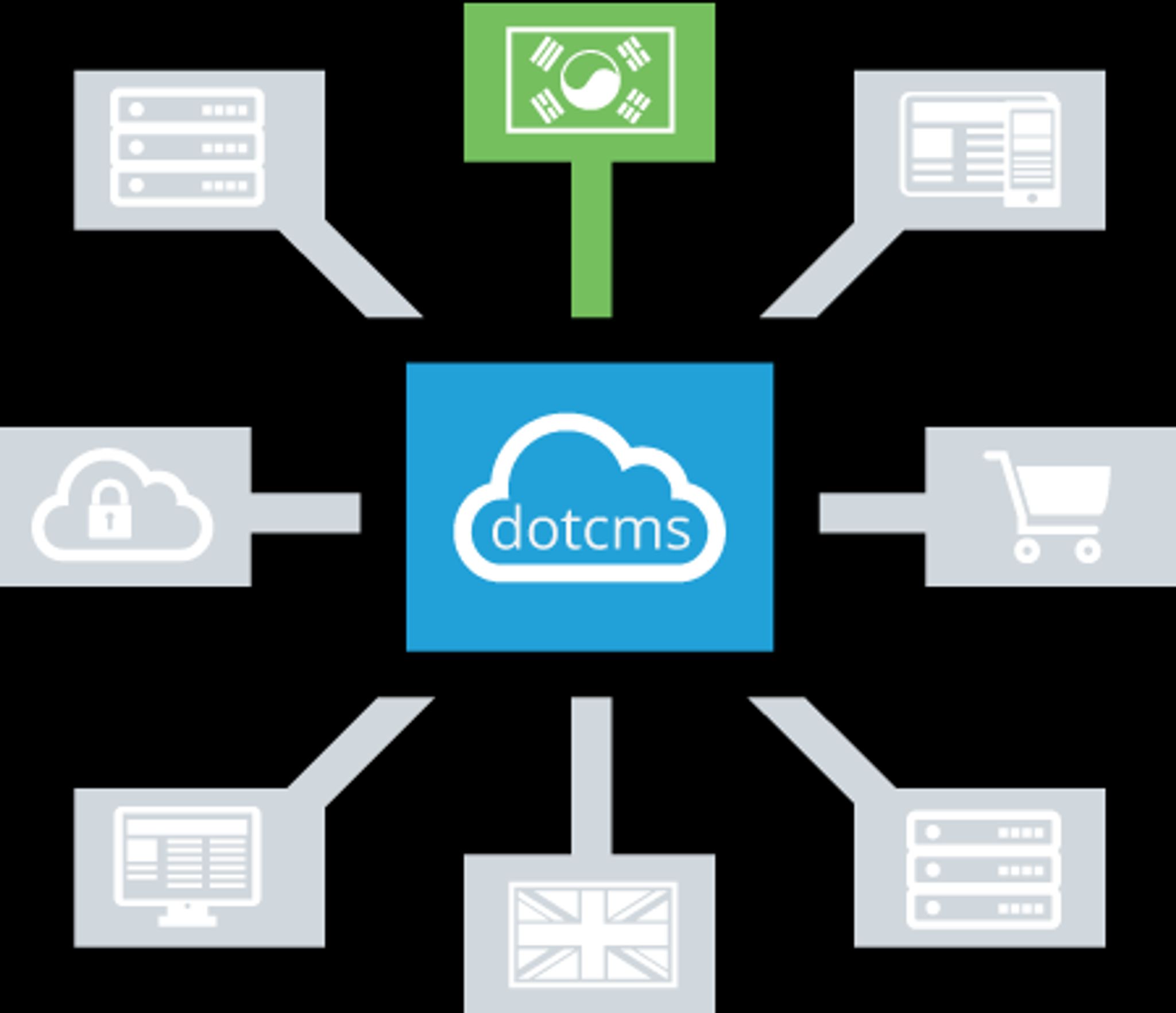
Following up from an interview with CEO Tim Brigham and a product walkthrough with CTO Will Ezell, it’s time to delve into what makes DotCMS tick.
The Java, open source, content management system was recently crowned winner of the 2014 Critics' Choice Award for Best Cloud CMS for SMB.
“Quick to deploy, open source, Java-based, open APIs, extensible and massively scalable, dotCMS can rapidly deliver personalized, engaging multi-channel sites, web apps, campaigns, one-pagers, intranets – all types of content driven experiences – without calling in your developers.”

DotCMS is available in a Community Edition and Enterprise Edition, the former being the free version.
With the recent release of dotCMS 3.2, the platform has taken on a range of new features to go with an already powerful product.
Exceedingly Responsive & Massively Multi
After prompting visitors to test out the responsive nature of dotCMS by resizing their browser window, the details of the product’s dedication to responsive design are revealed.
Thanks to built-in support for 13 CSS frameworks, as well as theme based templates that automatically adapt and optimize content, images and videos to fit mobile devices, it’s easy to deliver engaging customer experiences across all devices.
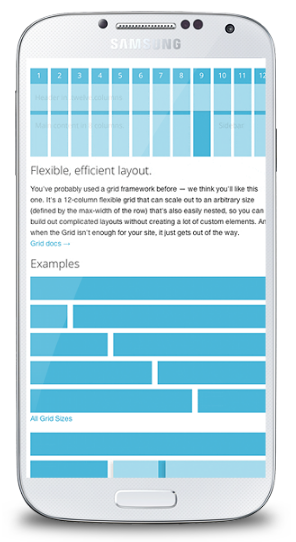
Custom themes can also be developed to accommodate various mobile device capabilities such as geolocation services.
When it comes to developing sites, dotCMS comes equipped to handle multiple micro-sites, mega-sites, mobile apps and multi-channel projects. In fact, dotCMS’ multi-site capabilities can host thousands of sites in just one, manageable system. And as we saw in the walkthrough demo, new sites can be launched easily, in a matter of a few clicks.
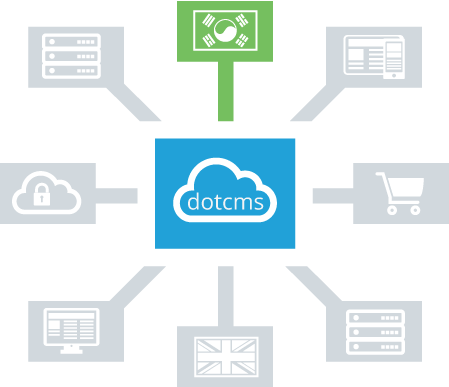
The tools are there for you to build your own SaaS CMS solution with granular, site based permissions, and manage all content in multiple languages without the added expense.
Super Scalable, Fantastically Flexible & A Whole Bunch More
dotCMS has been built with growth in mind. Horizontal scalability, to be precise.
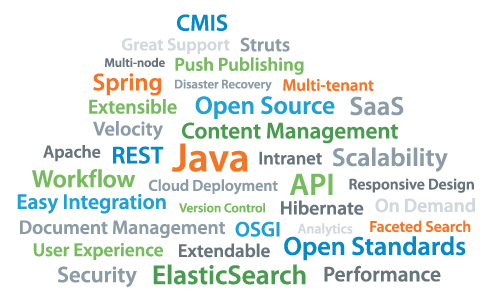
The platform offers up a configurable, multi-level caching infrastructure which maintains state across nodes in a cluster. In fact, dotCMS is architected to never hit the database once the cache is loaded (you can even turn the database off completely), even while pages and content stay completely dynamic.
For dealing with high levels of traffic, dotCMS is able to cluster; enabling multiple dotCMS instances to run as a single unit that can scale to meet massive traffic loads. (And yes, dotCMS is available on premise or on the cloud)
To help further facilitate that growth, dotCMS is also highly customizable.
dotCMS provides easy and open APIs to query, retrieve (xml, json) and write content, binary assets and even remote widgets. These API calls have been designed to perform at scale so content can be retrieved for real-time use by external systems. This means dotCMS is easier to integrate and can be used as a hub for content management, easily pushing or pulling content from other systems.
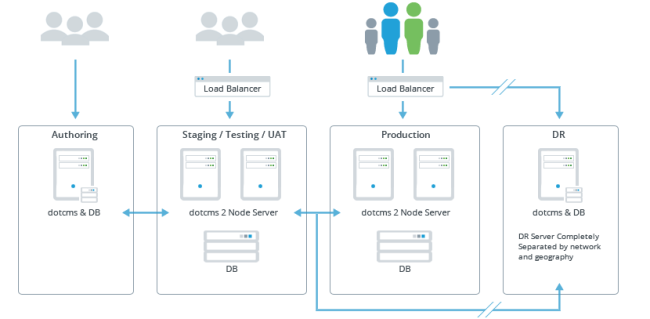
On top of open APIs, dotCMS users have access to Widgets (which are essentially apps) that can be managed just like content.
DotCMS' remote widget API can deliver these fully rendered widgets as snippets of code to remote systems by calling a RESTful url. All it takes is javascript to pull and display content rich widgets into any webpage or external system.
Developers also have the power to hot deploy whole Spring web apps in dotCMS without a restart, thanks to dynamic plugin support. Meanwhile, CMIS support allows dotCMS content and files to be read and written by any system that is a CMIS client, including Sharepoint, Liferay and even Drupal.
Further to the aforementioned features, dotCMS also boasts a GUI based workflow engine along with remote publishing capabilities — with support for a variety of publishing architectures. (e.g., authoring> staging> production)
A Powerhouse for Powerhouses (And Normal Houses)
dotCMS has claimed a desirable chunk of the enterprise market by landing and working alongside large clients such as Standard & Poor’s, Wiley Publishing, Thomson Reuters Foundation and Hospital Corporation of America. As such, it’s reputation as an enterprise solution is growing fast.
DotCMS is also an attractive platform for small to medium sized businesses, thanks to its open source nature, active user forums, plugin and theme library, as well as its accommodation for codesharing on its website.
To find out more about dotCMS, visit their website, or explore more via our CMS Directory.